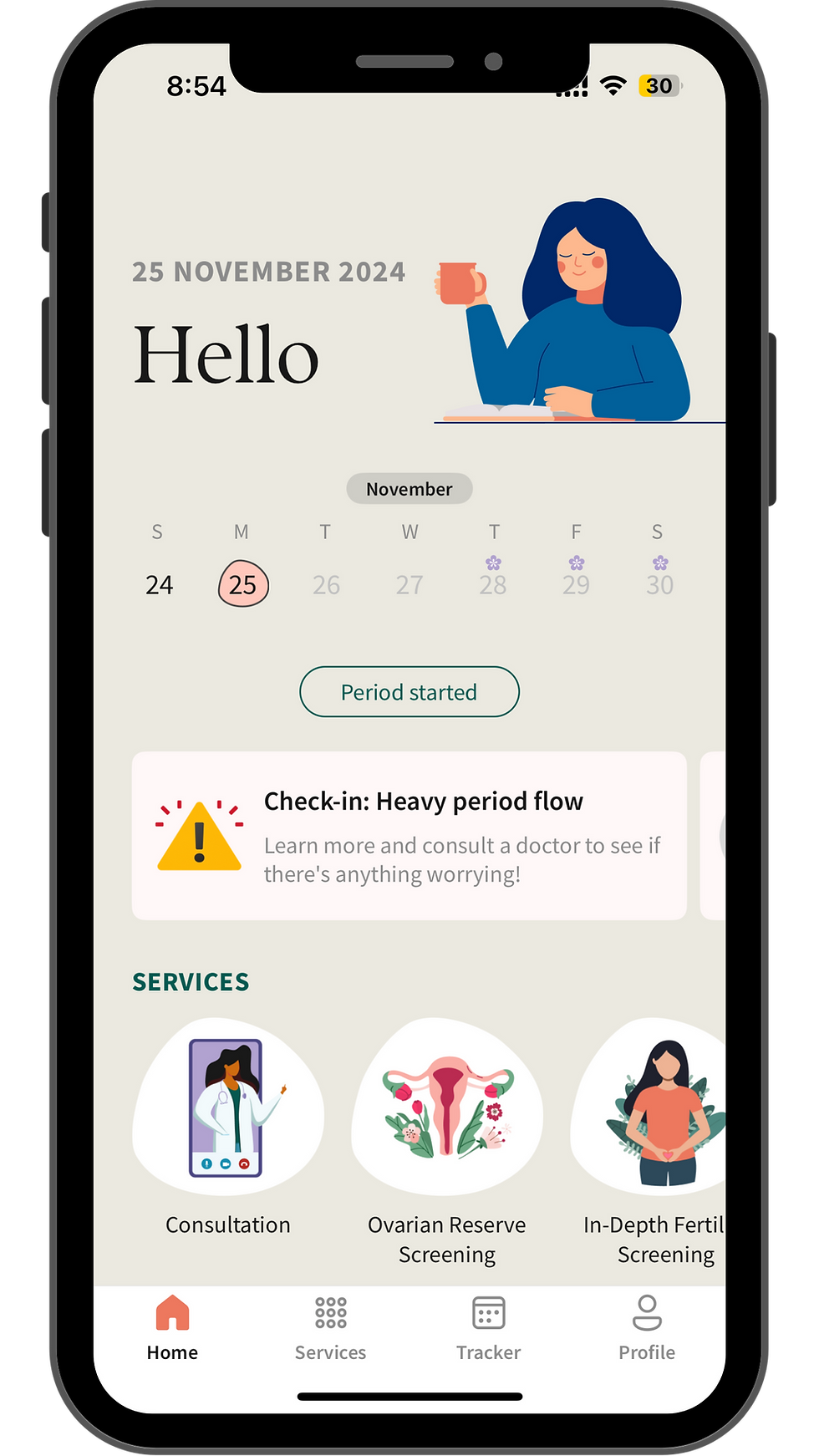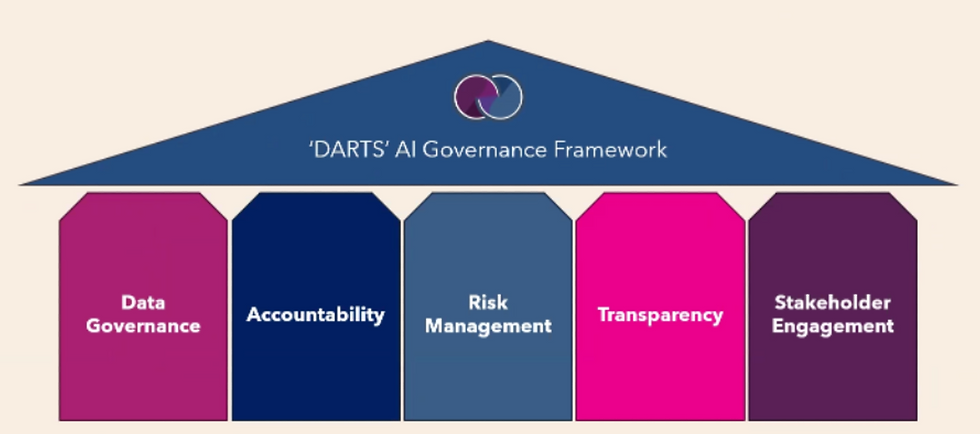💙 Engineering a Blue Zone for Women's Health
- lindsaydavissg9
- Jun 24, 2025
- 6 min read
Compiled over a three-year period with feedback from over 147,000 women across over 140 countries, the Hologic's Global Women’s Healthcare Index ranks the best countries for women’s healthcare worldwide. Evaluating women's general health, mental health and preventative care, Taiwan’s national health insurance (NHI) is a leader among global markets, providing universal healthcare funded by high employer coverage. We see two other regional countries represented within individual categories, Thailand is ranked in the top five countries for Assisted Reproductive Care - i.e. accessible and affordable fertility treatment, such as IVF and sperm and egg donation; and with an aging population, Japan’s eldercare especially benefits women, who tend to live longer than men (though often in poorer health).
Taiwan launched the NHI system in 1995, offering accessibility and broad healthcare coverage, including prenatal care, which likely increased access to women's health facilities. As the years have passed, specialised clinics and reproductive medical tourism for the country’s high-quality and affordable fertility treatments have continued to strengthen the country’s women’s health ecosystem.
With similar accessibility, affordability and with a common goal for holistic, preventative care, Singapore is seeing a new wave of women’s health clinics redefining what it means to care for gender inclusive care, from puberty to post-menopause. While gynaecological concerns are highlighted among public institutions, private clinics are focusing on women’s health through their patient-centric, tech-integrated and mission-driven community hubs. These clinics are founded by femtech entrepreneurs and doctors looking to serve women’s healthcare as a lifelong journey, not a one-off visit when something is wrong. Following femtech leaders in the USA like Maven Clinic and Tia, Singapore is quietly becoming one of the most exciting markets to watch for bricks and mortar offerings in women’s health (with a special acknowledgement of Kindred in the Philippines as another market leader in a private women’s clinic making waves in Southeast Asia).
Cheryl Han, Chief Executive Officer of Prologue in Singapore, sees the shift towards private physical clinics specifically for women. “In the past, you only saw an OBGYN if you were pregnant. Now, women are Googling their symptoms, from PCOS to perimenopause, and they want a clinic that can help them make sense of it all.” With doors opened in June 2025, Prologue applies the learnings of Blue Zones and lifestyle medicine, an evidence-based approach using lifestyle interventions, such as nutrition, exercise and sleep hygiene, to mitigate the health risks.

Prologue offers women holistic care from clinical to preventative to aesthetic, all in one place. Among current femtech users in Singapore, FemTech Association Asia and Milieu Insight identified in a June 2024 study that ease of use/convenience (68%) is the top determining factor for Singaporean women in using a femtech products and/or service, so a one-stop shop for women’s health is a solid commercial motivation, with holistic care growing in demand.

For instance, Hey Taylor did not start as a general women’s clinic, rather as an fertility care platformIVF clinic.But demand quickly grew for broader services, as patients wanted to continue their care journey with the same trusted team.
“We started as a convenient digital platform to reach women anywhere, anytime online—even adding mobile fertility clinics to bring care closer to them, then we even added mobile clinics to our service offering!“ Eve Lee the Co-Founder explains, “But over time, we realised that many of the issues we were seeing—like irregular cycles, undiagnosed PCOS, or missed pre-pregnancy risks—needed earlier, more structured management. That pushed us to evolve from a reactive model into a more proactive one. To do that well, we needed to build a permanent physical space. One that could offer the kind of comprehensive, in-person care that Singaporean women deeply value - while still integrating the digital tools and triage systems we’d built from day one."

Even in health-savvy Singapore, where a 2022 FemTech Association Asia Survey revealed that 49% of women treat their health as a priority, barriers persist for both patients and providers. “Clinics still aren’t intuitive for many women in Singapore,” notes Dr. Tsin Uin Foong, Co-Founder & Chief Medical Officer of Osler Health, which launched in 2020. “Culturally, women often wait until they’re trying to conceive to really think about their health. We’re trying to shift that mindset to proactive care.” Singapore’s current healthcare culture leans towards a reactive approach, though the Ministry of Health’s Healthier.SG initiative is changing this with a focus on preventative health across the nation, including access to subsidised breast and cervical cancer screenings.
Further supporting country-wide initiatives, public hospitals in Singapore also have dedicated women’s health services including KK Women’s and Children’s Hospital, National University Hospital and Singapore General Hospital. These institutions operate specialised clinics for high-risk pregnancies, menopause, sexual health and more. Singapore also invests heavily in entrepreneurship, with femtech on the rise.
Even as femtech digital apps grow in popularity, the women’s clinic founders I spoke with are unanimous in the perspective that physical spaces still play a vital role in advancing women’s health through empowerment and engagement. Lee points to the physical environment of a clinic as a powerful enabler of trust. Lee points to the physical environment of a clinic as a powerful enabler of trust. “We designed Hey Taylor to feel human. There’s no imposing desk between you and your doctor—just a mini table and a shared conversation. Instead of rows of chairs and silent waiting, there’s a communal table that feels more like a calm living room than a factory line. And instead of cold exam rooms, we’ve built dignified spaces for private, sensitive care.” Hey Taylor’s clinic is not just a service point, it is a continuation of the overall experience, designed to carry patients from triage to treatment seamlessly. With near-zero wait times and direct access to the right care, Hey Taylor removes the friction that makes so many women put off getting help.

Dr. Foong echoes, “We’re exploring tech integrations like apps and wearables, but nothing replaces a doctor helping you connect the dots in all aspects of a woman’s health.” Trust between clinic and patients is imperative for healthcare continuity and clinic sustainability, not just to scale a business. Osler Health was designed from the ground up to be intentionally different.
“We wanted time - time to talk, time to listen,” said Dr. Foong. “Our consultations are up to an hour long, so we can really explore everything from hormones to nutrition to emotional wellbeing.”
This personalised care is one of the reasons Osler Health has become official family medicine provider for Eureka Investment Group, a family office service provider for UHNW clientele in Singapore, and why they launched The Menopause Summit in Singapore in 2025 to empower, educate and inspire consumers on their hormonal health journey. FemTech Association Asia was a proud Community Partner of this groundbreaking event.
Regardless of client portfolios and community initiatives, each clinic has found a unique way to merge tech with care and each offered a glimpse into their tech journey:
Holistic Digital Platform & Convenient On-premise Experience. Hey Taylor's app taps daily period patterns to flags early risk indicators and guides women through personalised health journeys, with seamless handover once theyir arrive at the physical clinic.

Specialist Care Integration & Expanding Community Integration. Osler Health sends patients to the most trusted specialists off-site, whilst keeping a holistic view of their health in on-site database for integrated care plans.
Lifestyle Management & AI-Powered Devices. Prologue uses a digital platform to manage patient journeys and AI-powered devices, like EXIOM, to personalise treatments such as skin therapy.


Combining physical clinics with technology is a benefit given Singapore’s geography. “We’re compact, so brick-and-mortar works as our clinic is never far from our patients,” said Dr. Foong. “But we still use technology to provide support for current patients or anonymity for women just starting their healthcare journey who may be a bit more reserved and want to explore to start.” Clinics are supporting not only current patients, but those who may be patients in the future. Osler Health is looking to invest in community in the year ahead, launching a membership programme, bringing connectivity, belonging and engagement to their patients and ecosystem partners.
What’s happening in Singapore isn’t just the rise of a few new clinics, rather a new service structure for women’s health moving from problem-solving to life-enhancing, from reactive to proactive, from clinical to connection.
As Han emphasises, “Singapore may not have natural resources, but we can engineer a ‘Blue Zone’ city, designed for wellness and especially inclusive of women’s health. That’s what makes this market special.”
If the femtech industry wants to know what the future of bricks and mortar spaces looks like for women’s health in Singapore, they can look at the pioneering clinics like Prologue, HeyTaylor and Osler Health, where high-touch and high-tech come together.







Comments